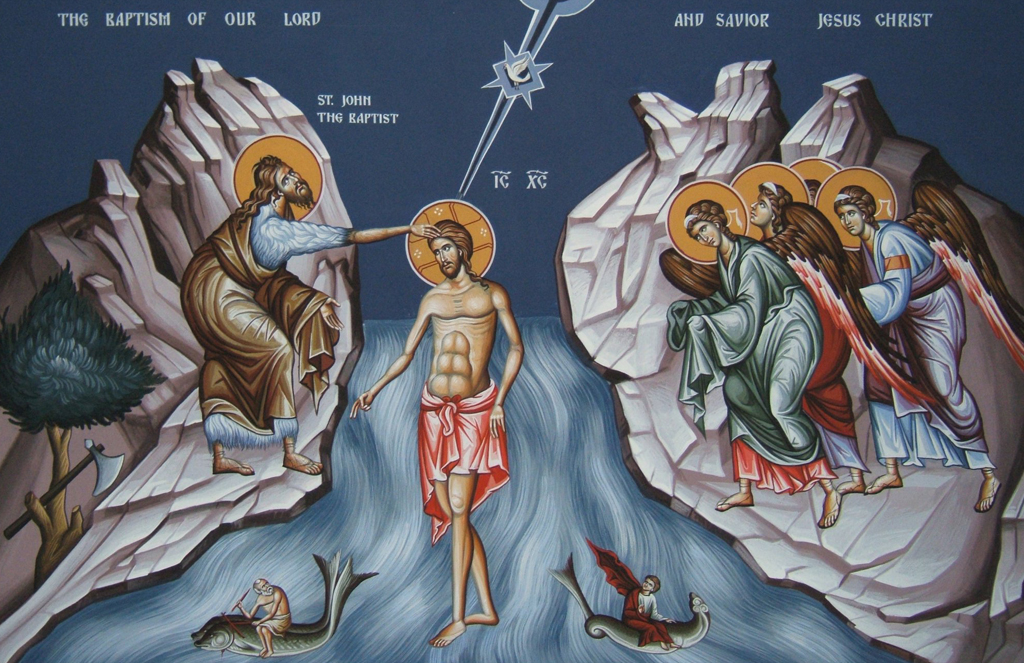Fr Jijo Kandamkulathy CMF
Claretian Missionaries
The language of the Gospel, especially its apocalyptic tones, often strikes a dissonant chord within our modern psyche. We either spiral into fearful speculation about a punishing God and a catastrophic end, or we flatten its profound mystery into a mere moralism about the suddenness of physical death. Both interpretations are a flight from the true, transformative power of the Word, born from a misreading of its sacred genre. Let us remember the fundamental key: the Gospel is, by its very nature, Good News. Any interpretation that breeds anxiety instead of hope, fear instead of conversion, or turmoil instead of peace within the soul is a distortion, moving us away from the heart of God, which is love and salvation.
Consider the context. The disciples, enthralled by the grandeur of the temple—a symbol of religious, political, and emotional security—are jolted by Jesus’ prophetic words: “Not a stone will be left upon another.” This is the first movement of the Spirit in our own lives: the unsettling of our false sanctuaries. Jerusalem, clinging to its structures and refusing conversion, was decreeing its own inner downfall long before the external ruin. So too, the parts of our soul that are closed to grace, that trust more in our own edifices of achievement, routine, and self-justification, are already experiencing a spiritual collapse. To this inner turmoil, the disciples ask the questions of the ego: “When? What will be the signs?” Jesus, the divine psychologist, bypasses the curiosity of the intellect to address the readiness of the heart. He invites us not to a calculation of time, but to a state of perpetual, loving vigilance.
He offers three psychological portraits for our examination.
The first is the portrait of the Unconscious Soul, from the days of Noah. Here, people were absorbed in the merely biological and social dimensions of life: eating, drinking, and marrying. There is nothing sinful in these acts, but the tragedy was a complete absorption in them, a spiritual slumber that made them deaf to the groaning of the cosmos and the whisper of the Spirit. The “flood” that comes is the sudden collapse of the world we have constructed, the crisis that reveals the foundation upon which we have built. The vigilant soul is not the one who predicts the crisis, but the one who, through an ongoing inner awakening, is already building the ark of a new consciousness, grounded in the Word. This is the birth of a new humanity within us. The second portrait is even more subtle, depicting two people engaged in the same mundane tasks—grinding meal, working in the field. Externally, they are identical. The difference is entirely interior, in the orientation of the heart. This is the core of the psycho-spiritual journey. What is the intention behind my action? Is my work a field for communion with God, an offering of love? Or is it merely a means for self-affirmation, a burden that ties me to the anxieties of the world?
Think of the Pharisee and the tax collector. Both prayed. The one who was justified was the one whose heart was open in humble poverty. Think of the widow and the rich. Both gave. The offering that pierced heaven was the one that came from a heart of total surrender. The “one taken and one left” is not an arbitrary divine selection, but the natural consequence of our inner orientation. The soul that is “left,” that remains entangled only in the visible, is the one overwhelmed by the “cares of this world.” The soul that is “taken” into the new reality of the Kingdom is the one whose inner eye is fixed on the Giver in the midst of the gift, on the Eternal in the heart of the temporal. This is why the decision is so urgent and dramatic. It is the choice, in every present moment, between the life of the Spirit and the death of the ego. “Keep watch!” Jesus insists. This watchfulness is not a fearful scanning of the horizon for a future judge. It is the serene, attentive awareness to the saving judgment of God that comes today—in a moment of grace, in a challenge to love, in the quiet voice of conscience, in the disruption of our comfortable plans. These are the “visits of God.” And herein lies the great paradox of the spiritual life: these divine visits are often missed because they are “incompatible with human wisdom.” They do not conform to our criteria for success, our timelines for salvation, or our desire for dramatic signs. They come in the gentle, unexpected, and often disconcerting whispers that only the humble, vigilant heart can recognize.
Therefore, be alert. The Son of Man, the Christ consciousness, the saving presence of God, comes at the hour you least expect—not at the end of time, but in the eternal Now of a heart that is awake, humble, and intent on love. Do not let this favorable opportunity, this advent season, this divine visitation in the present moment, pass you by. For the one who is vigilant in this holy Now is the one who is saved, here and forever.


 Follow
Follow


